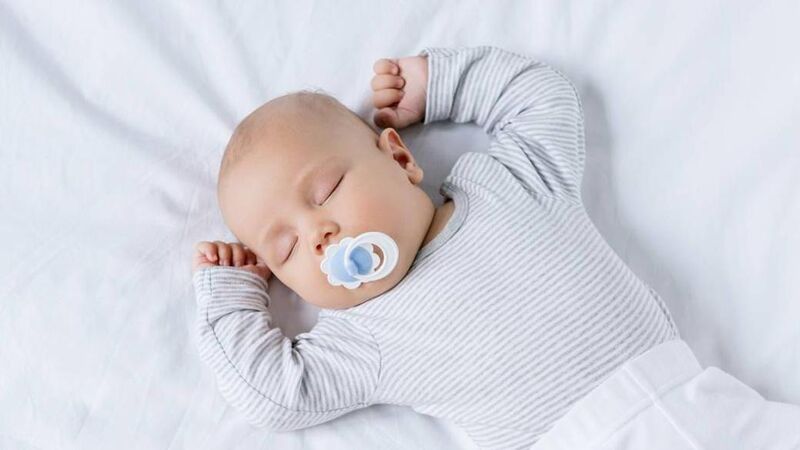New laws needed on surrogacy, Special Rapporteur on Child Protection says

Professor Conor O'Mahony wrote his report on the children’s rights implications of donor assisted human reproduction and surrogacy for government, recommending sweeping changes.
The government should draft new and comprehensive laws on surrogacy, including to allow for altruistic surrogacy only at domestic level and greater legal oversight on all surrogacy arrangments, according to a new report by the Special Rapporteur on Child Protection.
Prof Conor O'Mahony wrote his report on the children’s rights implications of donor assisted human reproduction and surrogacy for government, recommending sweeping changes to a system which he said was "entirely unregulated in Irish law" and where there is "little international consensus, with widely diverging approaches taken in different countries".












